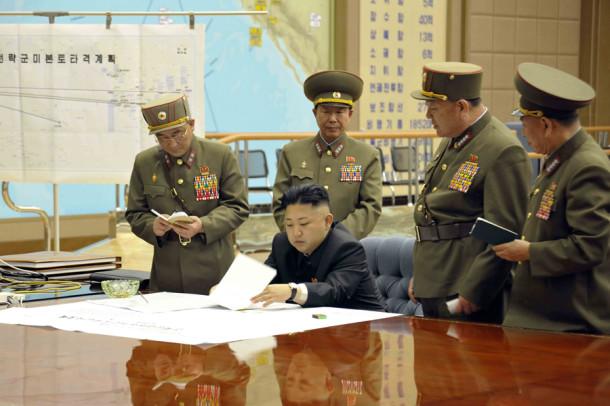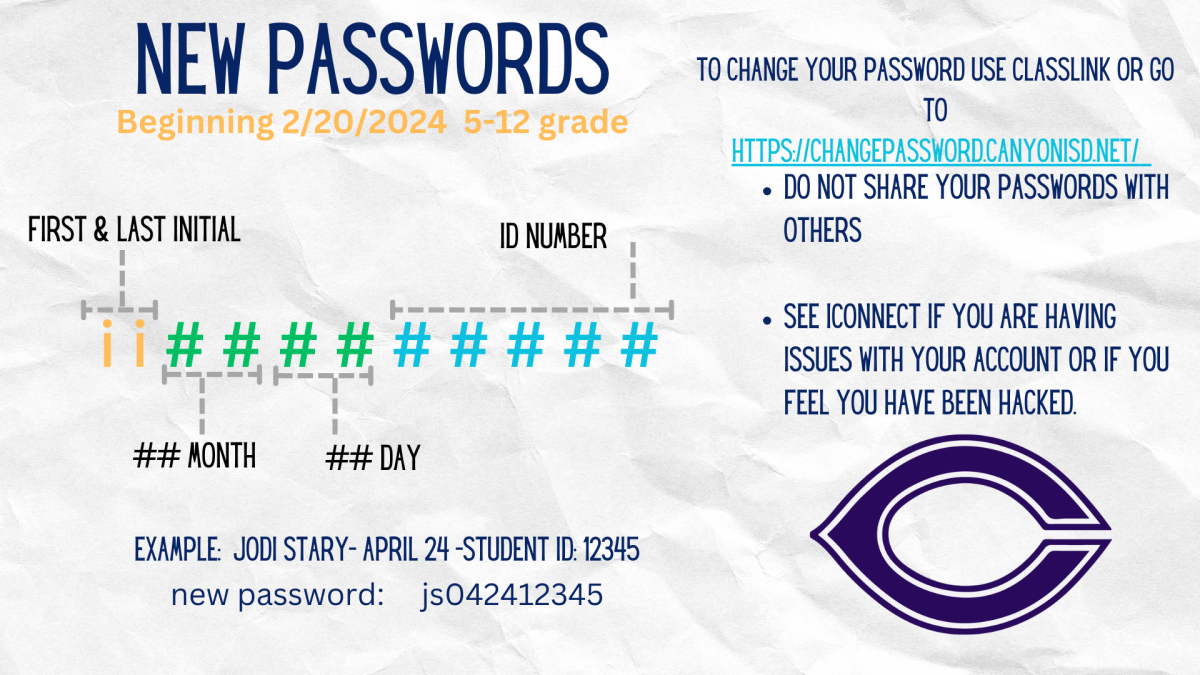SEOUL, South Korea Escalating the stakes of a standoff with Washington and its allies, North Korea is signaling that it will abandon two decades of negotiations to constrain its nuclear program and will close the door on any deal over its atomic weapons and production facilities.
The regime said Tuesday that it would expand all parts of its nuclear arsenal, including reactivating a plutonium-producing reactor complex at Yongbyon that it shut in 2007 as part of a disarmament agreement. Although restarting the Soviet-era facilities could take six months or longer, the announcement sparked concern from world leaders about a miscalculation that could lead to military confrontation.
North Korea also said it would bolster its “nuclear armed forces in both quantity and in quality.” The statement came two days after its untested young leader, Kim Jong Un, described North Korea’s nuclear weapons program as a “treasure” that would not be abandoned or traded “for billions of dollars.”
United Nations Secretary-General Ban Ki-moon, a former South Korean foreign minister, said he was “deeply troubled” that the crisis has “gone too far.” He called for urgent talks with North Korea.
“Things must begin to calm down,” Ban said. “There is no need for (North Korea) to be on a collision course with the international community. Nuclear threats are not a game.”
U.S. Secretary of State John F. Kerry, after meeting South Korea’s foreign minister at the State Department, said it would be a “provocative act” for the North to restart its nuclear reactor, which produces spent material that can be reprocessed into nuclear bomb fuel.
“The bottom line is very simply that what Kim Jong Un has been choosing to do is provocative, it is dangerous, reckless, and the United States will not accept (North Korea) as a nuclear state,” he said.
Kerry will visit Tokyo, Seoul and Beijing next week in a trip aimed at persuading China to sharpen pressure on its neighbor and ally, officials say.
A Chinese foreign ministry spokesman, Hong Lei, said Beijing regretted North Korea’s latest move and called for restraint from all sides.
Increasingly bellicose threats by Pyongyang in the weeks since it conducted its third and most powerful underground nuclear test in February have raised tensions in Northeast Asia to their highest levels in years.
Tuesday’s announcement about the reactor heightened the potential danger by suggesting that North Korea intends to expand its nuclear arsenal and make its infrastructure permanent. “We will act on this without delay,” a spokesman for the North Korean General Department of Atomic Energy said.
Although brinkmanship and bluster are hallmarks of Pyongyang’s negotiating strategy, disarmament experts and regional observers are more worried now because of the relative inexperience of North Korea’s leader, who took over after the death of his father, Kim Jong Il, in December 2011.
“Kim Jong II, for all his faults, turned out to be very savvy about just how far he could go,” said Scott Snyder, a Korea specialist at the nonpartisan Council on Foreign Relations in Washington. “I’m not sure Kim Jong Un has that sense. He is on the verge of becoming Public Enemy No. 1, and that could be a fatal mistake.”
Shi Yinhong, a professor of international relations at People’s University in Beijing, warned that “this is one of the most dangerous moments since 1953,” when hostilities in the Korean War ended.
“For decades, they’ve always suggested they were open to the possibilities that the nuclear facilities could be traded away,” said Jon Wolfsthal, a former Obama administration official now at the Monterey Institute for International Studies. “Now they’re saying, ‘These are the crown jewels, and they’re not going away.'”
Wolfsthal predicted that the White House would not make diplomatic concessions or shift policy in response to the threats. But if Pyongyang starts moving troops or weapons to directly threaten U.S. bases or allies, or begins selling nuclear weapons or technology to Iran or other potential adversaries, that would change. If the nuclear program “begins to metastasize, all bets are off,” he said.
North Korea has insisted that it is acting in self-defense. It has accused Washington of using annual military exercises with South Korean forces as a pretext for war, and it has blamed the West for imposing additional international U.N. sanctions after it carried out its last nuclear test.
In response to the sanctions, North Korea has vowed to attack the United States and its military bases, canceled the 1953 armistice that ended the Korean War and closed telephone hotlines with South Korea that were set up to lower the risk of military misjudgment.
The Pentagon continued to beef up defenses in the region Tuesday. A military official said that the U.S. Pacific Command would move the guided missile destroyer McCain off the coast of Japan and that a second destroyer, the Decatur, which was due to return to San Diego, was being held in the western Pacific to provide “added ballistic missile defense coverage.”
The North’s reactor at Yongbyon, about 60 miles north of Pyongyang, is believed to have provided fissile material for six to eight nuclear bombs. It was closed in July 2007 as part of a disarmament-for-aid deal with the United States and five other nations. As part of the agreement, the State Department removed North Korea from the list of countries that sponsor terrorism.
Although a uranium enrichment facility was revealed in 2010, U.S. officials are unsure whether North Korea used highly enriched uranium for nuclear fuel in the latest underground test. Tests in 2006 and 2009 relied on plutonium from Yongbyon. If it used plutonium again in February, it may be running low on bomb fuel and decided to restart the Yongbyon reactor to produce more.







